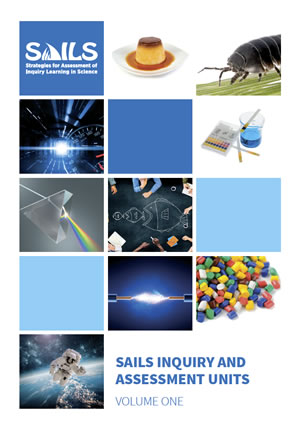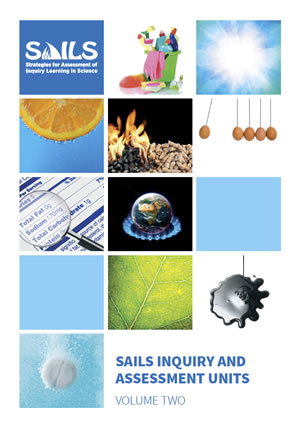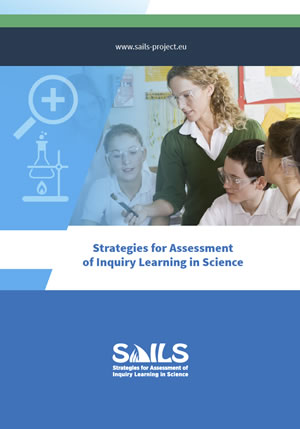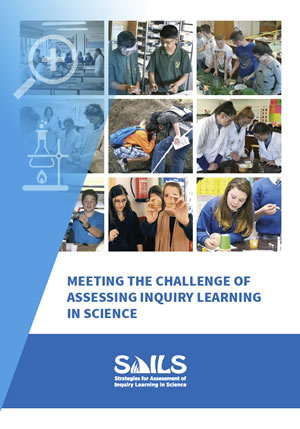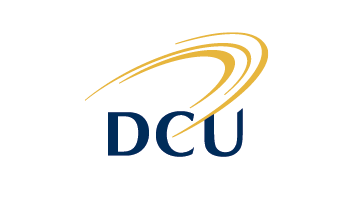
The Strategies for Assessment of Inquiry Learning in Science (SAILS) project was funded under the EU Framework Seventh Programme (2012-2015) to support teachers in adopting inquiry based science education (IBSE) and assessment of inquiry skills and competencies in science at second level across Europe.
Inquiry based science education
Crucial to the development of key competencies in young people is their engagement in the education process. Methodologies such as inquiry based science education (IBSE) have been highlighted as having the potential to increase student engagement in science at primary and second level and provide such development opportunities.
Recommendations from international reports identify the need for “engaging curricula to tackle the issue of out-of-date and irrelevant contexts and to enable teachers to develop their knowledge and pedagogical skills.”
The project team has collaborated with local science teachers to publish a collection of 19 SAILS Inquiry and Assessment Units which showcase the benefits of adopting inquiry approaches in classroom practice, exemplify how assessment practices are embedded in inquiry lessons and illustrate the variety of assessment opportunities and processes available to science teachers. In particular, the units provide clear examples of how inquiry skills (developing hypotheses, working collaboratively, forming coherent arguments and planning investigations) can be assessed, alongside content knowledge, scientific literacy and scientific reasoning and illustrate the benefits of various types of assessments.
More than 2500 teachers in the 12 participating European countries, who have participated in SAILS teacher education programmes, have strengthened their inquiry pedagogy and assessment practices through developing their understanding of the role of assessment.
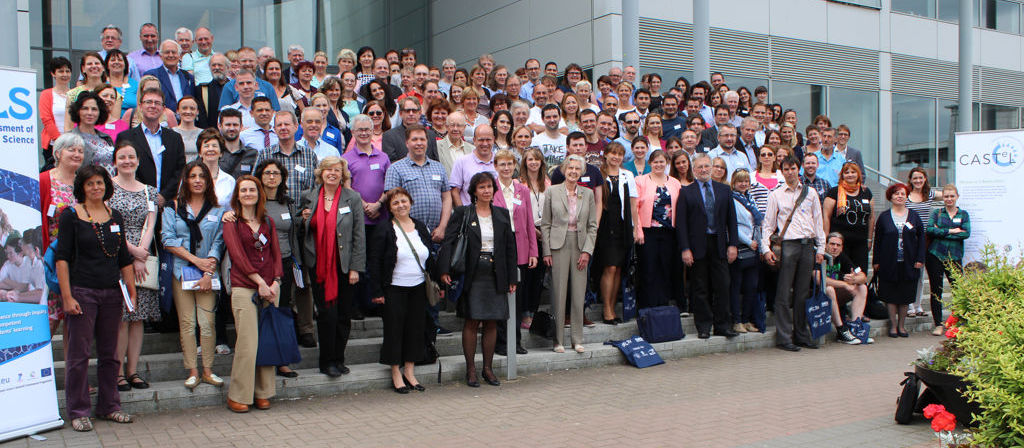
A European approach
The SAILS consortium consists of thirteen partner organisations, including universities, SMEs and a multi-national organisation, from across twelve European countries. The strength of this consortium lies in its vast experience and expertise in the areas of science education, teacher training and resource development for teaching, learning and assessment.
By using a pan-European approach, SAILS has ensured that the diverse practices built up in each country were analysed and shared, resulting in the development of models of best practice.
“SAILS aims to prepare teachers, not only to be able to teach through Inquiry Based Science methods but also to be confident and competent in the assessment of their students’ learning.”

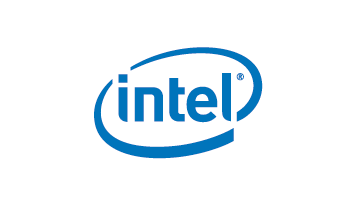
Intel Performance Learning Solutions Limited
Ireland http://www.intel.ie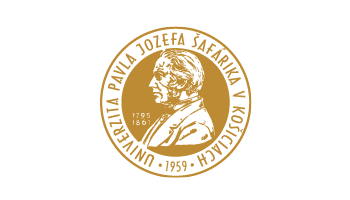
Pavol Jozef Šafárik University in Košice
Slovakia http://upjs.sk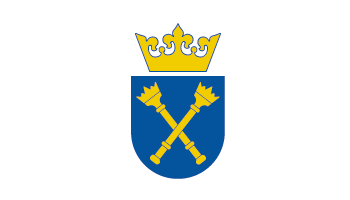
Jagiellonian University
Poland http://uj.edu.pl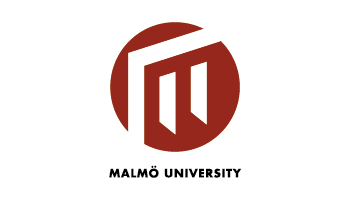
Malmö University
Sweden http://mah.se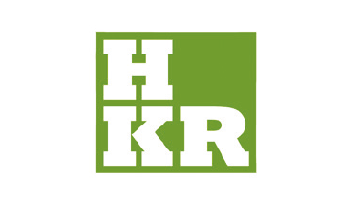
Kristianstad University
Sweden http://hkr.se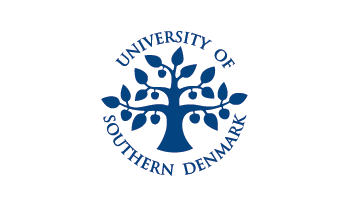
University of Southern Denmark
Denmark http://sdu.dk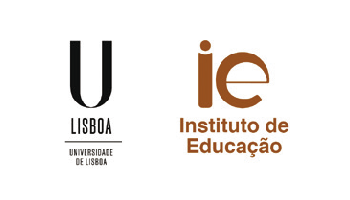
The Institute of Education of the Lisbon University
Portugal http://www.ie.ulisboa.pt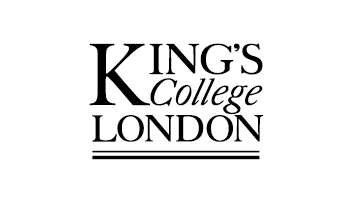
King’s College London
United Kingdom http://kcl.ac.uk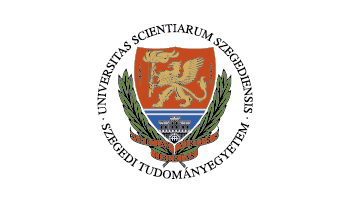
University of Szeged
Hungary http://www.u-szeged.hu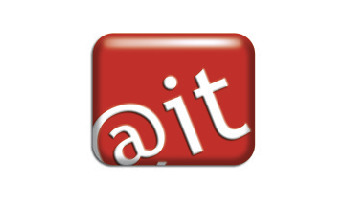
ATiT
Belgium http://atit.be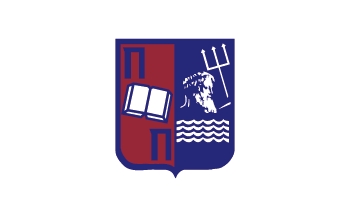
University of Piraeus Research Centre
Greece http://unipi.gr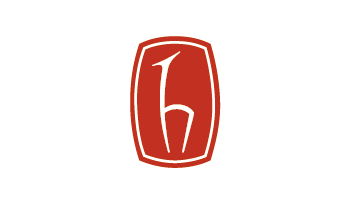
Hacettepe University
Turkey http://hacettepe.edu.tr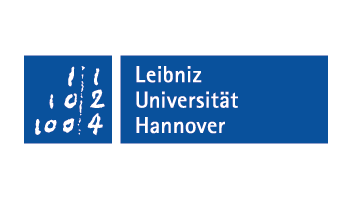
Gottfried Wilhelm Leibniz Universität Hannover
Germany http://uni-hannover.deDeliverables
- D1.1 Report on mapping the development of key skills and competencies onto skills developed in IBSE
- D1.2 Report on how IBSE is involved in national curricula and assessment in the participating countries
- D2.1 Report on the strategy for the assessment of skills and competencies suitable for IBSE
- D2.2 Report on the assessment frameworks and instruments for IBSE skills - Part A
- D2.3 Report on the assessment frameworks and instruments for IBSE skills - Part B
- D2.4 Final report on the assessment frameworks and instruments for IBSE skills
- D3.1 Report from evaluation of implementation with pilot teachers - Part A
- D3.2 Report from evaluation of implementation with pilot teachers - Part B
- D3.3 Report on finalised evaluation materials for teacher education in IBSE with integrated assessment
- D4.1 Report on IBSE Teacher Education
- D4.2 Report on IBSE Teacher Education and Assessment programme - Stage 1
- D4.3 Report on IBSE Teacher Education and Assessment programme - Stage 2
- D5.2 Report on the organisation of the Community of Practice (CoP) in each participating country
- D5.3 European conference presentation on the SAILS CoP
- D5.4 Report on the activities of the Community of Practice (CoP) I
- D5.5 Report on the activities of the Community of Practice (CoP) II
- D5.6 Plan for the continuation of community of practice
- D6.3 Report on SAILS Networking activities
- D6.6 Report on SAILS dissemination activities
- D7.1 Report from EAP on assessment materials (Part A)
- D7.2 Report from EAP on teacher education - Stage 1
- D7.3 Report from EAP on assessment materials (Part B)
- D7.4 Report from EAP on teacher education programme and CoP
Publications
- Finlayson, O., McLoughlin, E., McCabe, D. (2015). "Strategies for the Assessment of Inquiry Learning in Science (SAILS) A European Project in Science Teacher Education". New Perspectives in Science Education Conference Proceedings. Italy: Libreriauniversitaria.it.
- Hana Čtrnáctová, Mária Ganajová, Petr Šmejkal, Milena Kristofová. (2012). " Inquiry-based activities in the topic of polymers". Chemistry Education in the Light of the Research. Pedagogical University of Kraków
- Katarína Kimáková, Andrea Lešková. (2013). "Teacher preparation for Inquiry based biology education at P. J. Šafárik university". HSCI2013 : Proceedings of the 10th International Conference on Hands-on Science Education for Science and through Science
- Mária Ganajová, Milena Kristofová, Zuzana Ješková, Marián Kireš, Katarína Kimáková. (2014). "Case studies on assessment of students´ learning through inquiry-based science education methods". Profits and Limitations of Inquiry Based Science Education. Poland: Peadagogical University of Kraków
- Mária Ganajová, Milena Kristofová. (2014). "Development and verification of formative assessment tools in inquiry-based chemistry education". Profits and Limitations of Inquiry Based Science Education. Poland: Peadagogical University of Kraków
- Chris Harrison. (2014). "Strengthening assessment in high school inquiry classrooms". Science Education Research For Evidence based Teaching and Coherence in Learning: Proceedings of the ESERA 2013 Conference
- Harrison, C. "Assessment of Inquiry Skills in the SAILS Project". (2014). Science Education International, 25 (1),pp 112-122
- McLoughlin, E., Finlayson. (2014). "Supporting teachers use and assessment of inquiry based science education in classroom practice", Proceedings of GIREP-MPTL International Conference on Teaching/Learning Physics: Integrating Research into Practice, pp44.46. Italy: Università degli Studi di Palermo
- Orwat, K., Bernard P., Dudek K. (2014). "Inquiry Based Science Education – Bringing theory to practice", Science and Technology Education for the 21st Century. Research and Research Oriented Studies. Proceedings of the 9th IOSTE Symposium for Central and Eastern Europe, pp. 225-238, Gaudeamus
- Dudek K., Bernard P., Odrowąż E. (2015). 'First steps in Assessment of students' inquiry: A case study of non–experienced chemistry teacher', State-of-the-art and future perspectives. Proceedings of the 1st International Baltic Symposium on Science and Technology Education. pp. 42-44. Siauliai
- McLoughlin, E., Finlayson,O. van Kampen P., McCabe D. and Brady, S. (2015). "Teaching, learning and assessment in inquiry-based science education". Proceedings of the International Conference on Women in Physics. AIP Publishing
- Christine Harrison, Sally Howard & Brian Matthews. (2016). "Crafting a teacher education program to support inquiry learning in science: the SAILS project". ESERA 2015: Science Education Research: Engaging learners for a sustainable future
- Odilla Finlayson, Eilish McLoughlin, Deirdre McCabe and Anders Jonsson. (2016). "Teacher education in inquiry and assessment across Europe –the Sails approach". ESERA 2015: Science Education Research: Engaging learners for a sustainable future
- Eilish McLoughlin, Odilla Finlayson, Deirdre McCabe,Beno Csapó and Csaba Csíkos. (2016). "Strategies for assessment of inquiry learning, skills and competencies in science" ESERA 2015: Science Education Research: Engaging learners for a sustainable future

